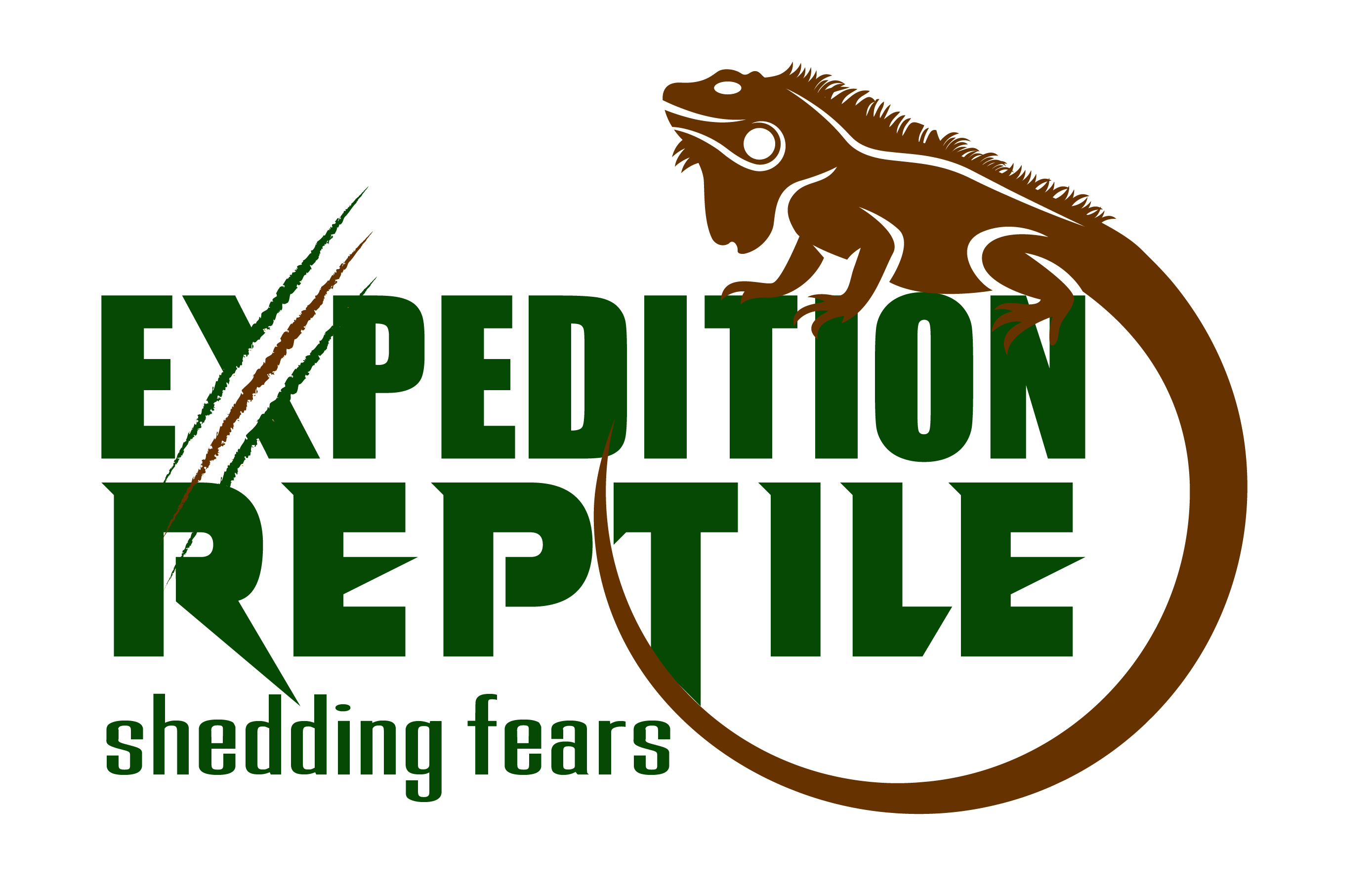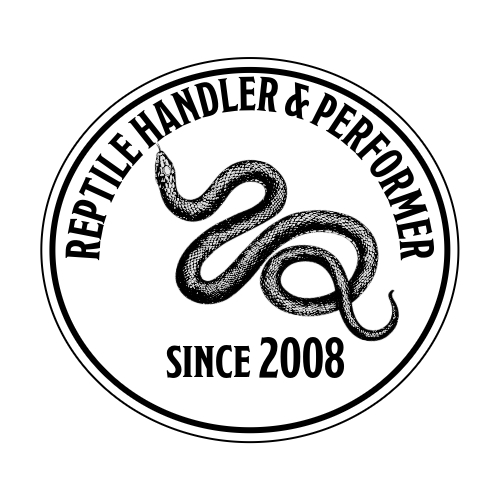At Expedition Reptile LLC, we’ve always been passionate about bridging the gap between humans and the fascinating world of reptiles. From our hands-on shows at birthdays, schools, libraries, summer camps, fairs, and even photo shoots across New England, our mission has been to educate, entertain, and dispel myths about these incredible creatures. We’ve seen countless faces light up as kids and adults alike touch a bearded dragon for the first time or marvel at our grand finale star, Cuddles our 30 pound boa constrictor. But today, we’re excited to shine a spotlight on a specialized program that’s close to our hearts: our Reptile Handling Workshops tailored specifically for first responders.
As first responders—firefighters, paramedics, police officers, and emergency personnel—you’re the unsung heroes who rush into unpredictable situations every day. While your training prepares you for a wide array of emergencies, encounters with wildlife, particularly reptiles, can sometimes catch even the most seasoned professionals off guard. Whether it’s rescuing a snake from a storm drain during a flood, handling an escaped pet lizard in a domestic call, or dealing with exotic reptiles in urban settings, knowing how to safely interact with these animals can make all the difference. That’s where our workshops come in. Designed with your unique needs in mind, these sessions equip you with practical skills, knowledge, and confidence to handle reptile-related incidents effectively and humanely.
Why Reptile Handling Matters for First Responders
In New England, our diverse ecosystems and growing popularity of exotic pets mean that reptile encounters are more common than you might think. From native species like garter snakes and painted turtles to escaped or abandoned exotics such as ball pythons or iguanas, first responders often find themselves in scenarios where quick, informed action is crucial. A startled snake might strike out of fear, or an injured lizard could require gentle relocation to avoid further harm—to the animal or to you.
Unfortunately, misconceptions about reptiles abound. Many people, including some emergency workers, view them as inherently dangerous or aggressive. But as we’ve shared in countless shows, most reptiles are far more afraid of us than we are of them. Our workshops aim to “shed fears, one snake at a time,” by providing evidence-based education that replaces myths with facts. For instance, did you know that only a tiny fraction of snakes in the U.S. are venomous, and even those prefer to flee rather than fight? Or that proper handling techniques can prevent bites and ensure the animal’s welfare?
We developed this program after hearing stories from local fire departments and EMS teams about real-life reptile rescues. One firefighter shared how a simple call about a “giant lizard” in a backyard turned into a two-hour ordeal because the team lacked the tools to identify and safely contain an escaped monitor lizard. Our goal is to prevent such challenges, turning potential stressors into routine, safe operations. By partnering with first responder organizations, we’re not just teaching about reptiles—we’re enhancing community safety and animal welfare.
What Our Reptile Handling Workshops Cover
Our workshops are detailed, interactive, and customizable to fit your department’s schedule and needs. Typically lasting 2-4 hours, they can be held at your station, our facility, or even virtually for introductory sessions. We limit group sizes to ensure everyone gets hands-on time, and our certified reptile experts lead every session with a focus on safety and respect for the animals.
Here’s a breakdown of what you can expect:
1. Reptile Identification and Biology Basics
We start with the fundamentals: learning to identify common reptiles in New England and beyond. You’ll explore the differences between snakes, lizards, turtles, and tortoises, including key markers for venomous vs. non-venomous species. Using live examples from our collection—like gentle corn snakes, spiny-tailed lizards, and our friendly tortoises—we’ll discuss anatomy, behaviors, and adaptations. For example, we’ll explain how a bearded dragon’s “beard” puffing is a defensive display, not aggression, helping you read reptile body language in the field.
2. Safe Handling Techniques
This is the heart of the workshop—practical, hands-on training. Under expert supervision, participants practice safe capture and restraint methods using tools like snake hooks, tongs, and transport containers. We emphasize “no-harm” approaches: how to gently scoop a turtle without stressing its shell, or how to use a pillowcase for quick snake containment during rescues. Safety protocols are paramount—we cover PPE recommendations, bite prevention, and first aid for rare incidents. And yes, you’ll get to interact with our stars, including geckos that cling like Velcro and iguanas that communicate through subtle “sign language” cues like head bobs and dewlap extensions.
3. Emergency Scenarios and Role-Playing
To make it real-world applicable, we simulate common first-responder situations. What if you encounter a boa constrictor wrapped around a car engine after a crash? Or a pet python loose in an apartment during a welfare check? Through role-playing exercises, you’ll apply your new skills in a controlled environment. We also discuss legal aspects, such as when to involve animal control or wildlife rehabilitators, ensuring compliance with New England regulations.
4. Myth-Busting and Conservation Education
Education is our core value, so we dedicate time to debunking myths. No, not all snakes are slimy (they’re actually dry and scaly!). And iguanas aren’t the aggressive monsters portrayed in movies—they’re herbivores with fascinating social behaviors. We tie this into broader conservation topics, like the impact of invasive species in our region and how first responders can contribute to ecosystem health.
For those interested in deeper dives, we offer advanced modules inspired by our ISL (Iguana Sign Language) Workshop, which focuses on non-verbal communication with iguanas. This can be particularly useful for handling larger lizards in rescue operations.
5. Understanding the Language of the Iguana
Iguanas are masters of silent communication, and learning to “speak” their language can turn a tense encounter into a calm one. In this dedicated module, we break down the key signals these impressive lizards use to express themselves— from rapid head bobs that signal territory or greeting, to the dramatic extension of their colorful dewlaps as a warning display. You’ll practice interpreting tail whips, eye contact avoidance, and even subtle body postures that indicate stress or relaxation. Using our resident iguana Sweetpea as our live translator, participants get hands-on practice responding appropriately, such as by giving space during a threat display or using slow movements to build trust. This skill is especially valuable for first responders dealing with escaped or distressed iguanas in residential areas, where misreading cues could lead to unnecessary escalation. By the end, you’ll feel like you’re conversing with these ancient-looking creatures, making relocations safer and more efficient.
Our ISL workshop you will give you the opportunity to better understand Iguanas and help them stay nice and calm during their visit to an exotic vet or during a first responder call.
Our 1-hour workshop featuring Sweetpea, our 21-year-old green iguana, reveals how he has spent the last 8 years teaching me over a dozen distinct head bobs and gestures that convey actual words! And what’s most impressive is that he puts those words into sentences.
This engaging presentation will not only teach you the essentials of their secret language and how to interpret their signals! You will also learn identification and biology basics, safe handling techniques, myth busting education, understanding their language and body language and then you have a hands-on session in applying what you have learned while you learn to safely pick them up and move them in different situations in hands on scenarios.
The Benefits: Building Confidence and Community Impact
Participants leave our workshops not just informed, but equipped. Feedback from past sessions highlights increased confidence in handling wildlife calls, reduced response times, and even fewer injuries—to both humans and animals. One paramedic noted, “I used to freeze up around snakes, but after the workshop, I safely relocated a garter snake from a patient’s home without any drama. It made the whole call smoother.”
Beyond individual skills, these workshops build team-building and inter-agency collaboration. Departments that host us often report stronger morale, as the fun, interactive format breaks up routine training. Plus, by promoting humane handling, you’re contributing to public education—imagine sharing reptile facts with community members during non-emergency interactions!
From a broader perspective, our program supports Expedition Reptile’s commitment to animal welfare. All our reptiles are well-cared-for ambassadors, sourced responsibly and never wild-caught for shows. By training first responders, we’re extending that ethos into the field, helping ensure that rescued reptiles get the care they need.
Join the Expedition: Book Your Workshop Today
If you’re a first responder or department leader looking to enhance your team’s capabilities, our Reptile Handling Workshops are the perfect fit. Whether it’s a one-off session or ongoing training partnership, we’re here to tailor it to you. Contact us at info@expeditionreptile.com or visit our website to schedule. Let’s work together to make New England’s communities safer for everyone—scaly friends included!
Expedition Reptile LLC Shedding Fears One Snake at a Time
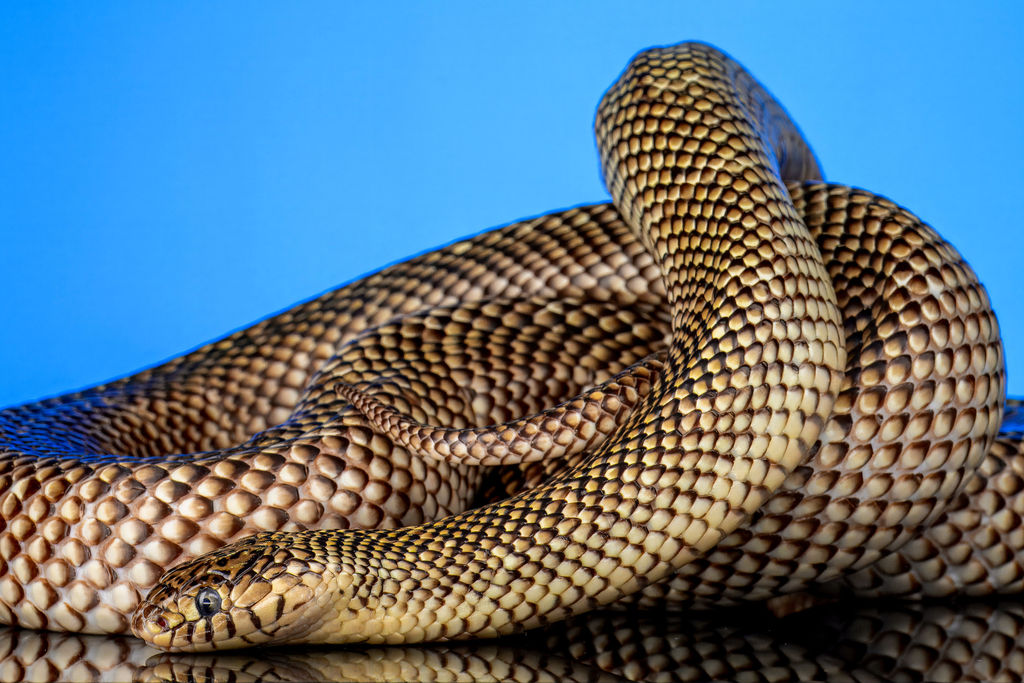
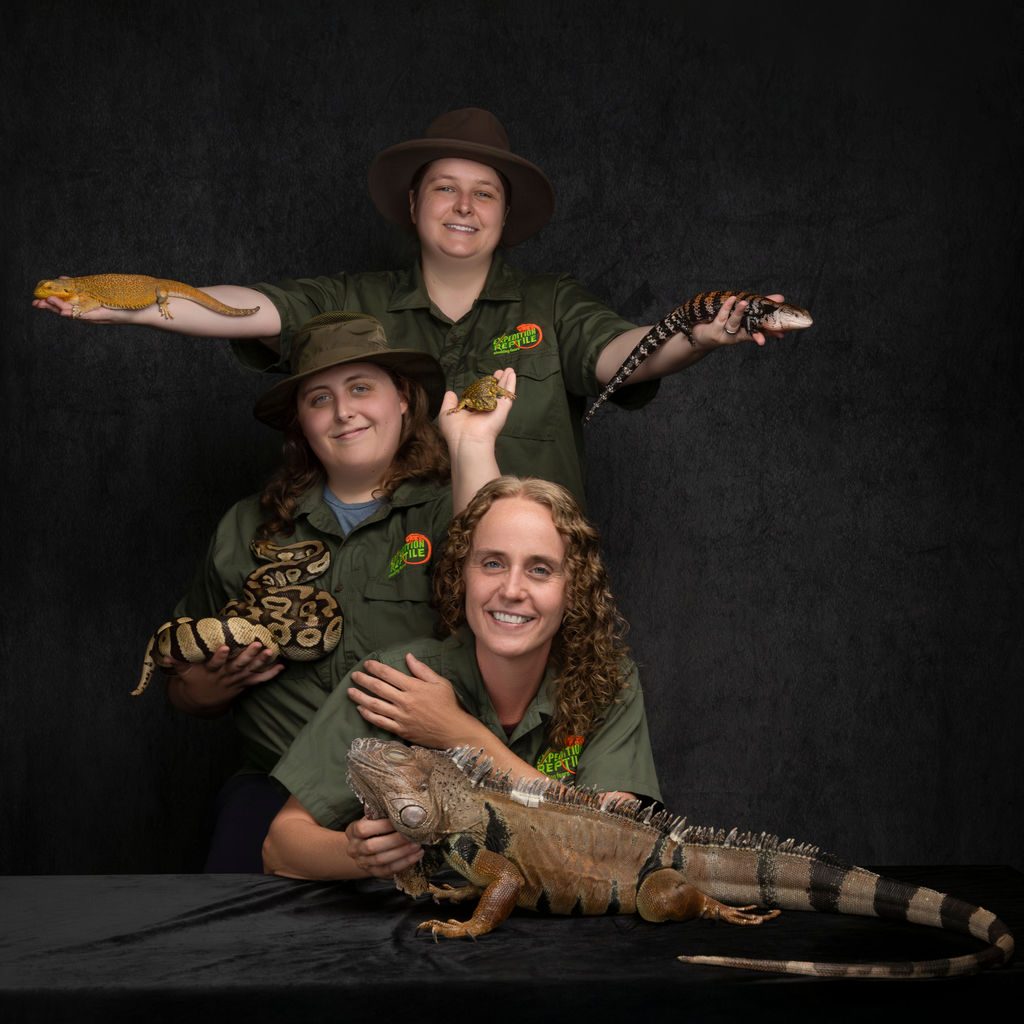
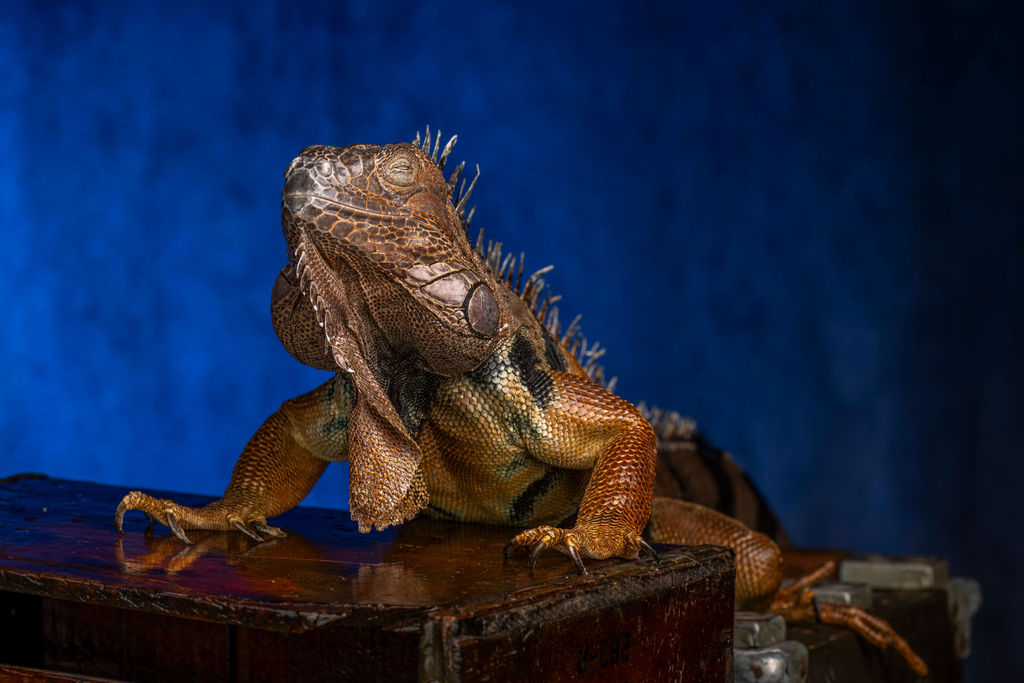
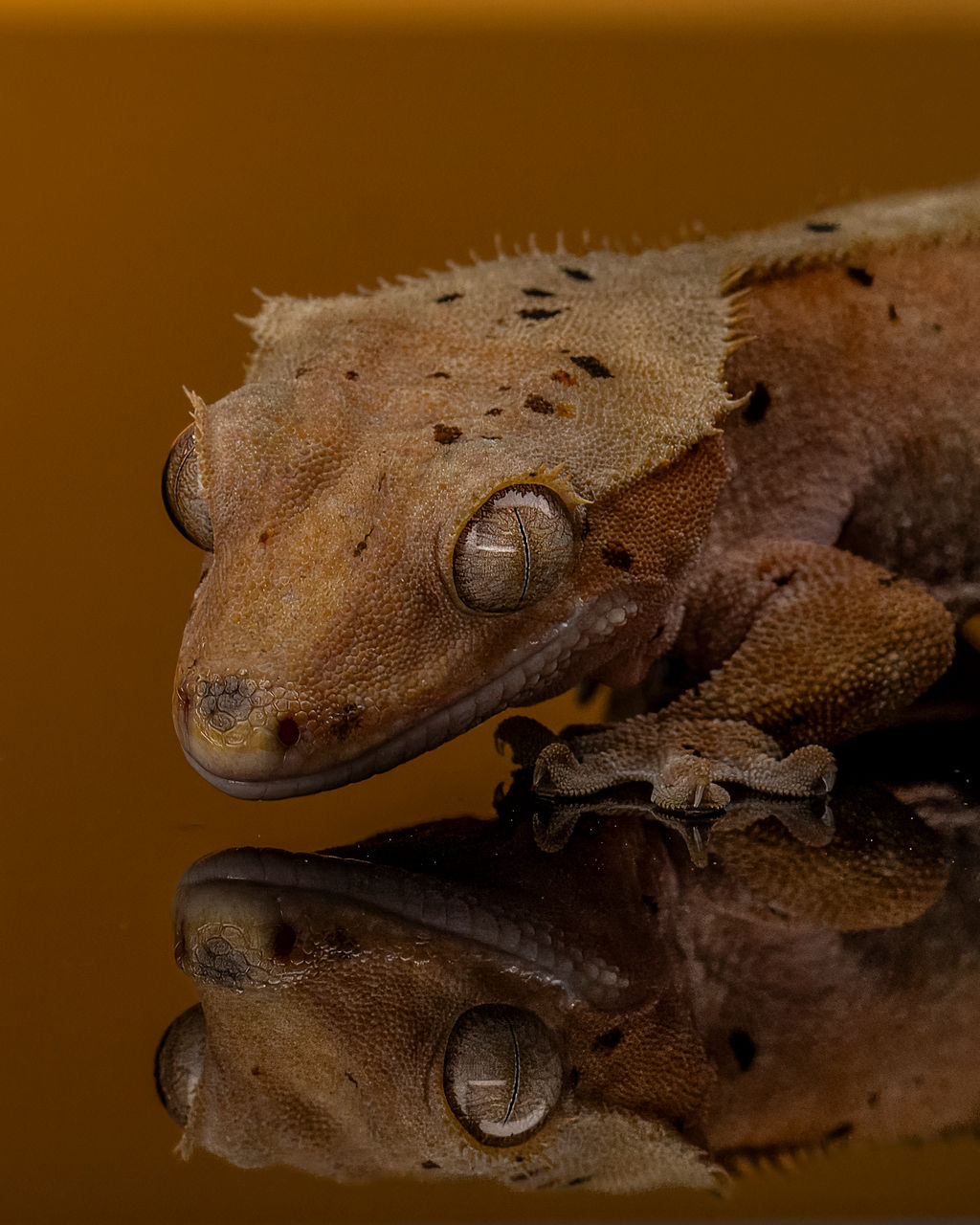
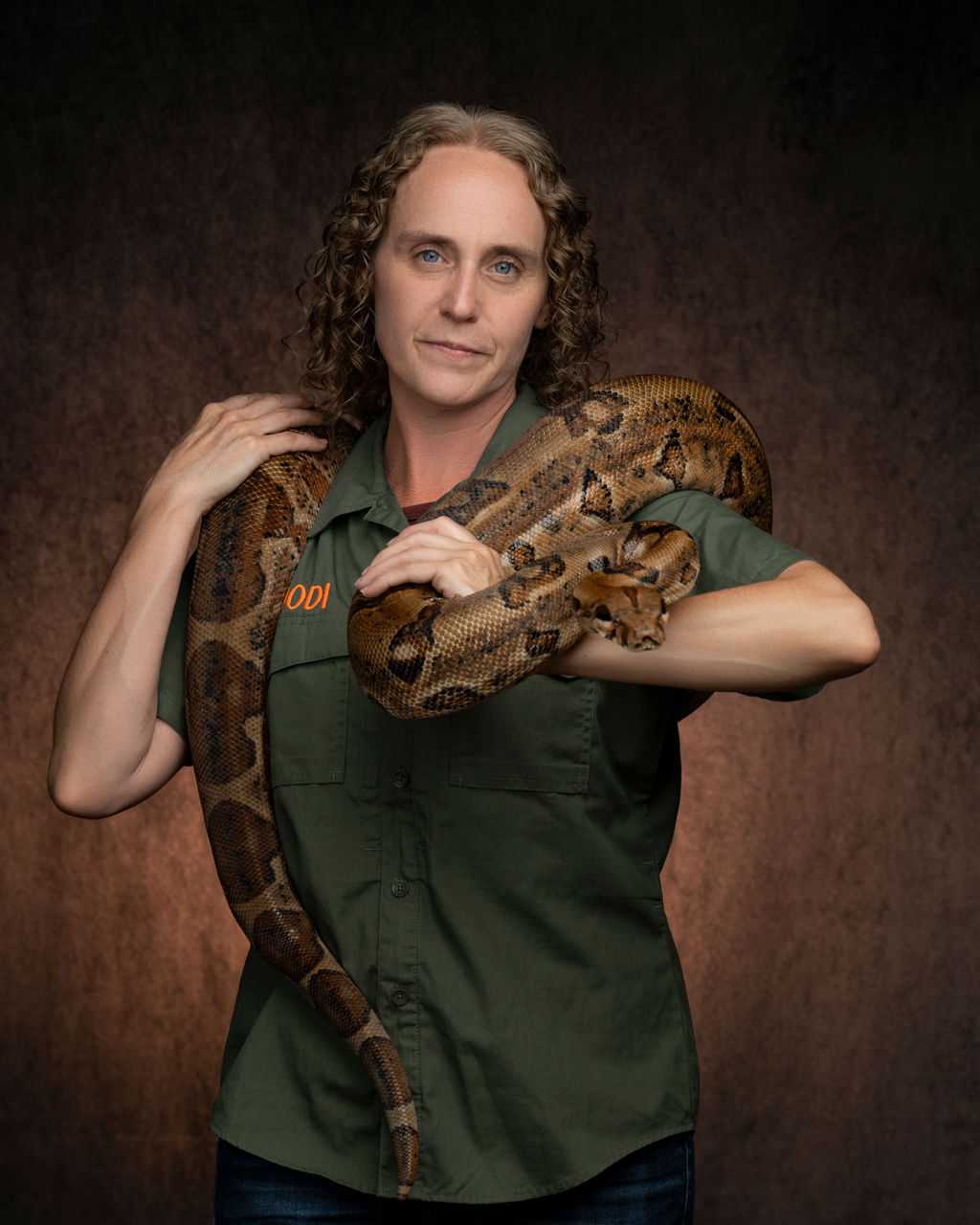
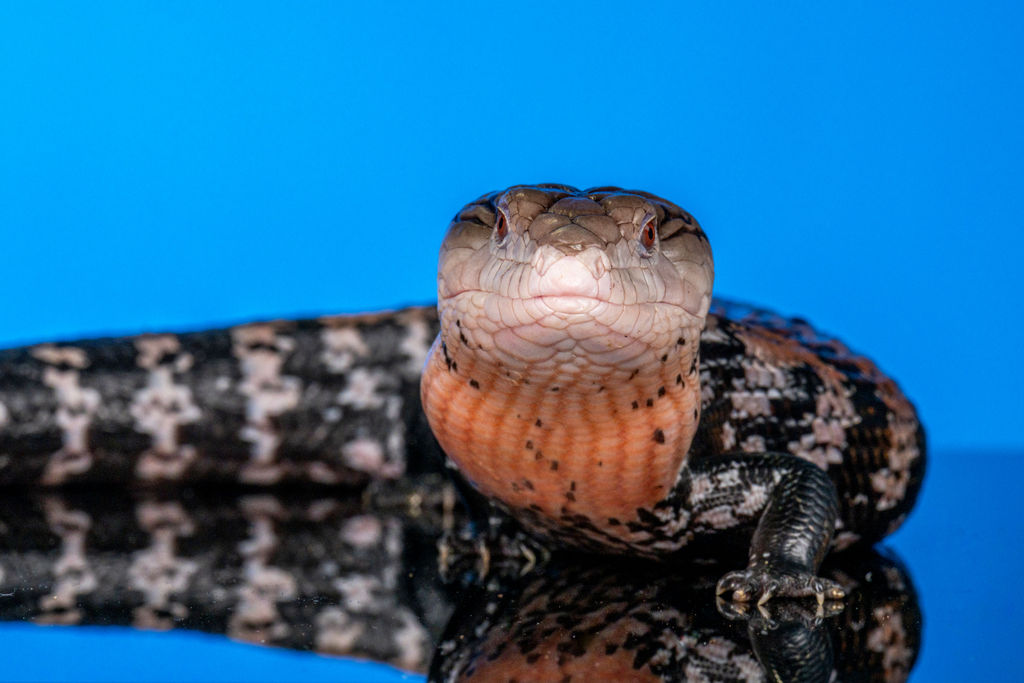
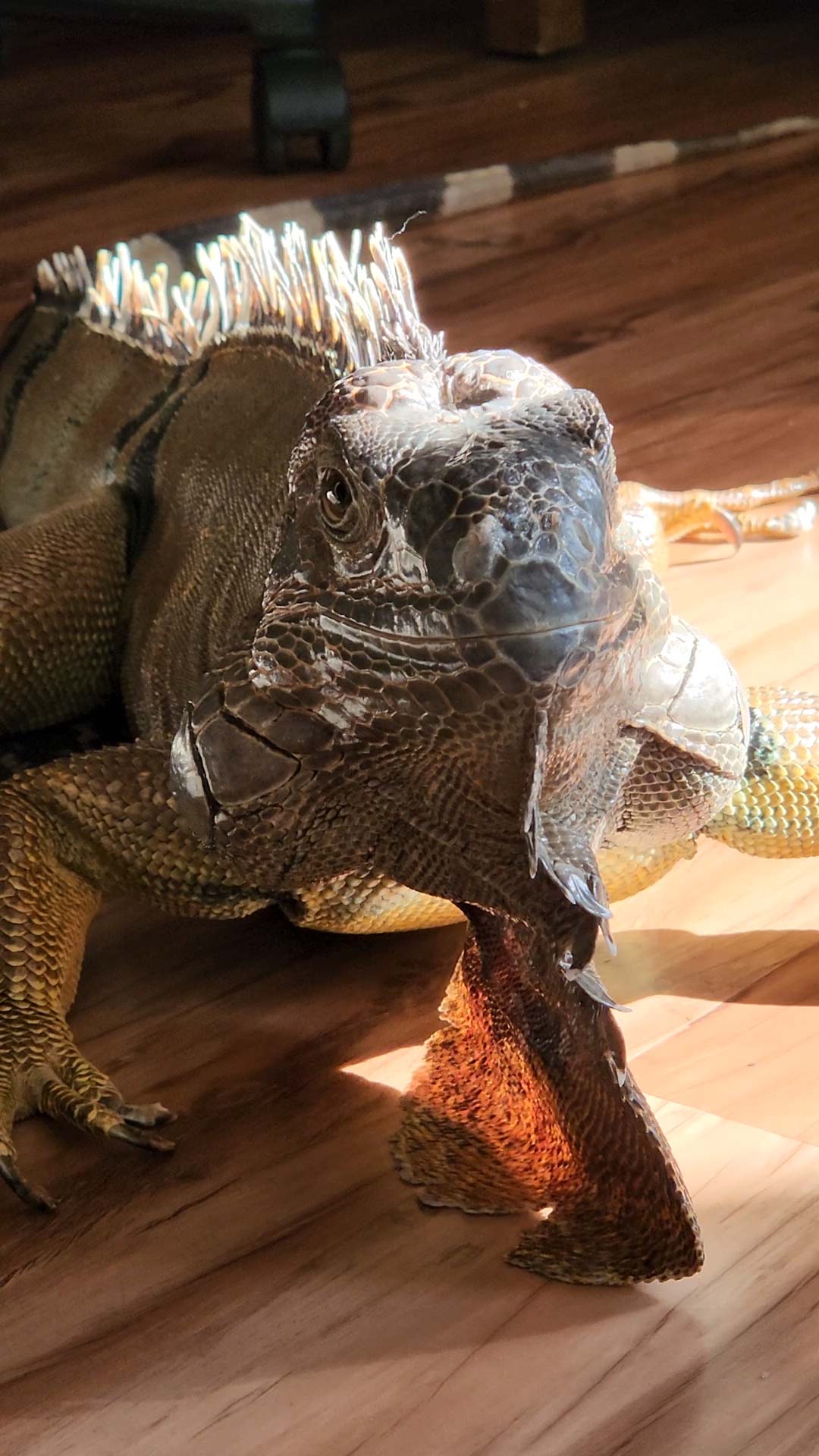
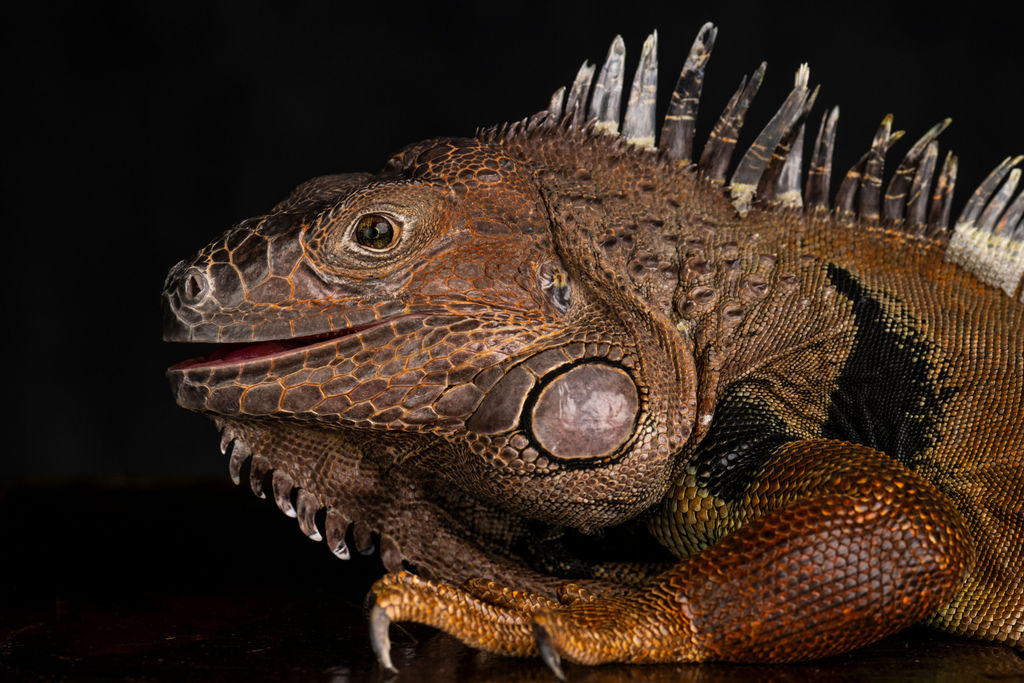
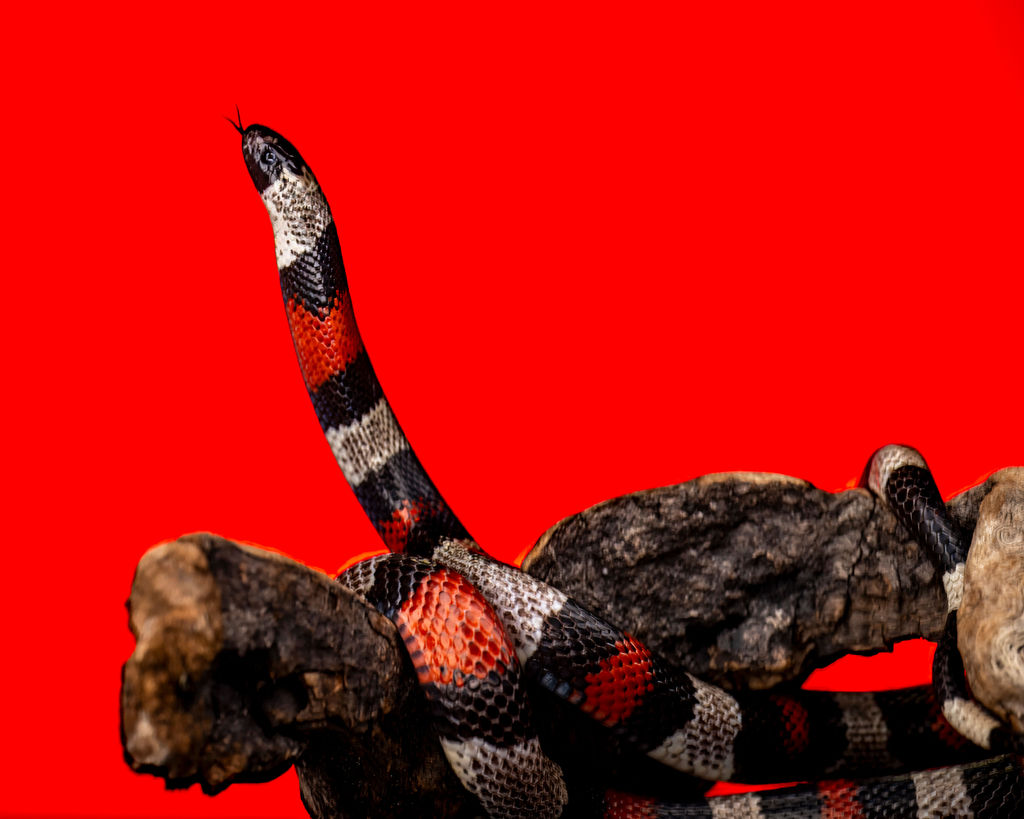
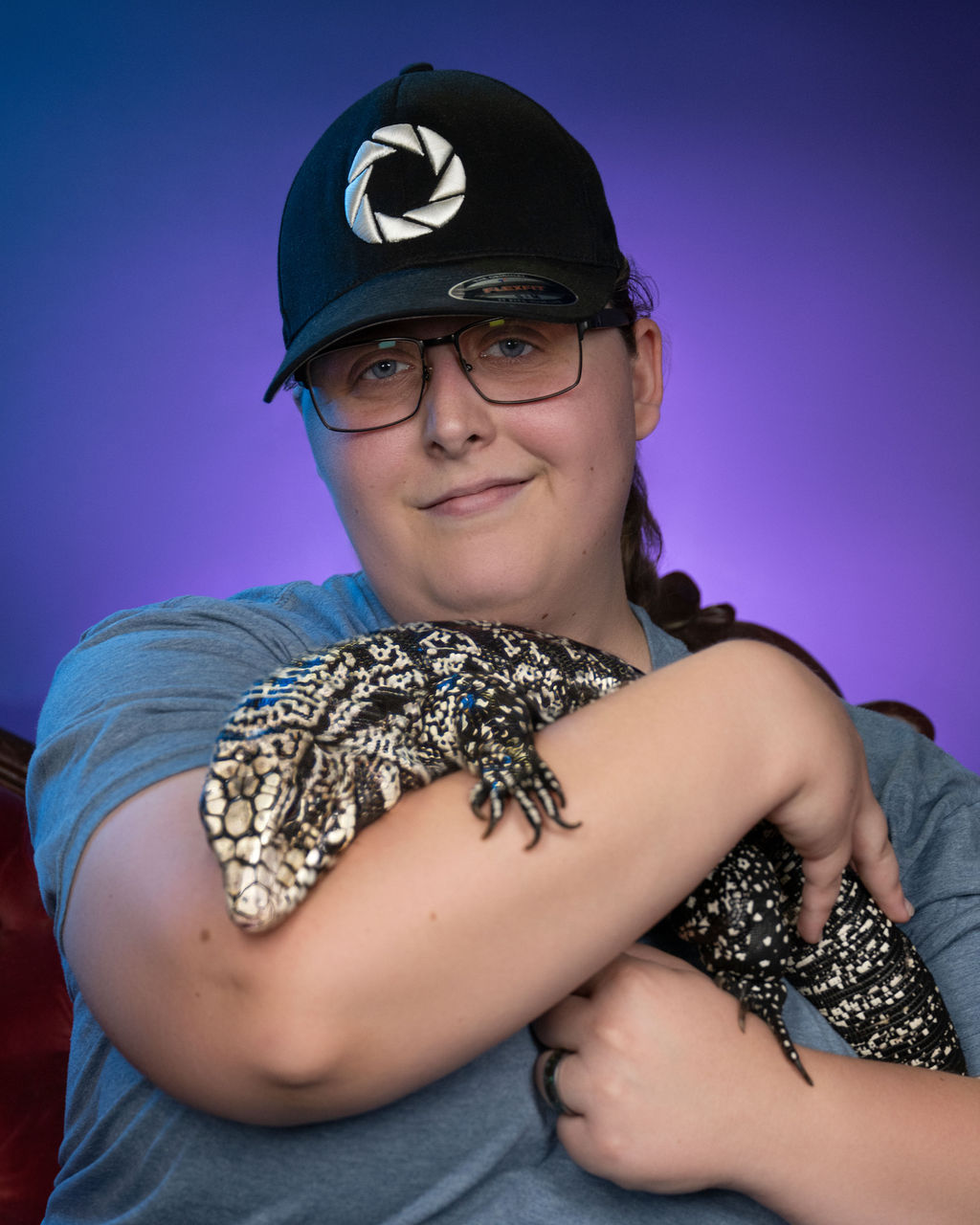
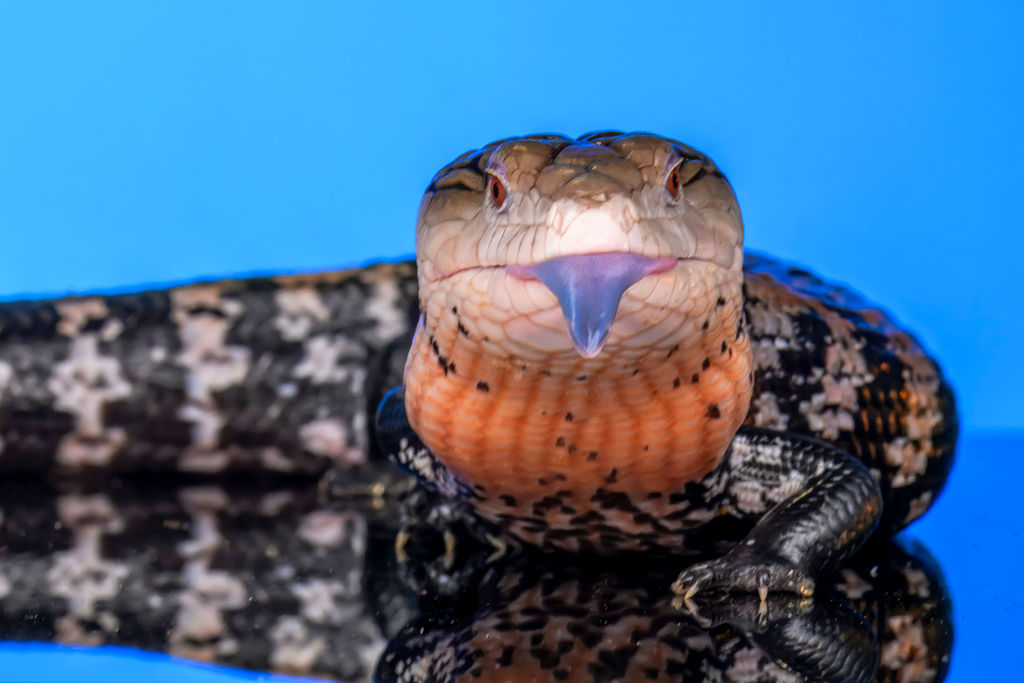

BOOK THIS WORKSHOP!
The cost of this workshop is $150
covers up to a full two hours and includes our iguana handling workshop as well
